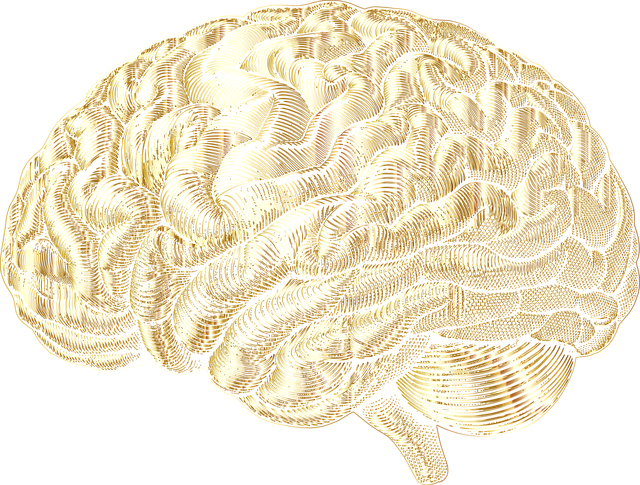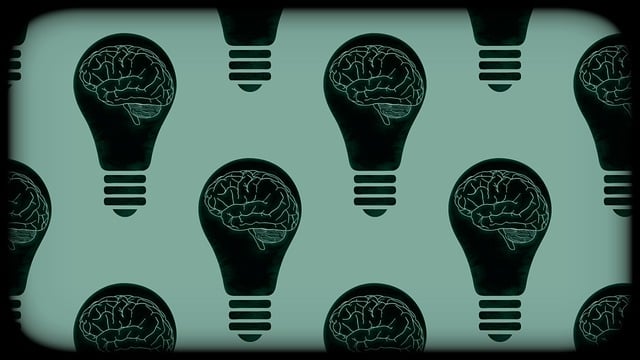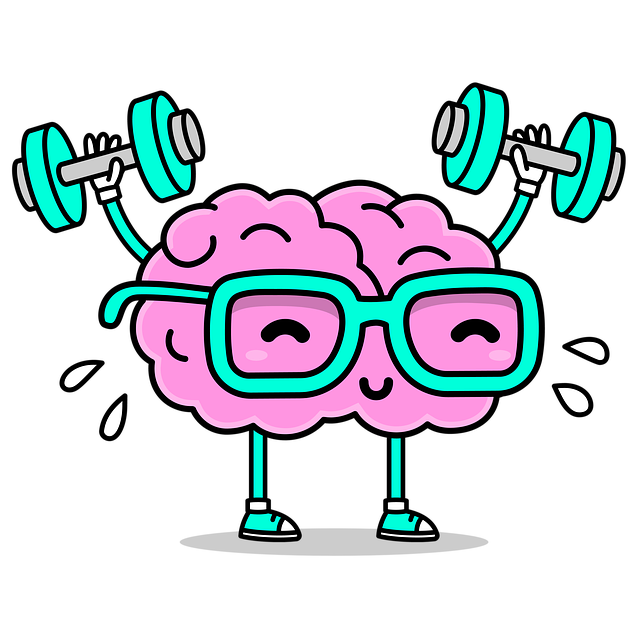Louisville Self-Esteem Therapy is revolutionizing healthcare in Louisville by prioritizing cultural competency. Through mindfulness meditation and confidence-boosting techniques, they empower both providers and patients from diverse backgrounds to navigate mental health risks effectively. This holistic approach ensures tailored care, strengthens community connections, and fosters trust, leading to better therapeutic outcomes. By addressing communication barriers and incorporating inclusive mental health education, healthcare providers can improve patient outcomes and strengthen healthcare systems. Louisville Self-Esteem Therapy's comprehensive training programs enhance cultural competency, emotional well-being, and coping skills among professionals, resulting in more empathetic and culturally responsive interactions.
Healthcare provider cultural competency training is a vital component in delivering quality care, especially in diverse communities like Louisville. This article explores the importance of cultural competency in healthcare, focusing on Louisville Self-Esteem Therapy. We define cultural competency and its profound impact on patient care, highlight challenges barriers to effective communication, offer strategies for designing effective training programs, and discuss measuring the success of these initiatives.
- Understanding Cultural Competency in Healthcare: A Need for Louisville Self-Esteem Therapy
- Defining Cultural Competency and Its Impact on Patient Care
- Identifying Challenges: Barriers to Effective Communication in Diverse Populations
- Designing Effective Training Programs: Strategies for Louisville Self-Esteem Therapy Providers
- Measuring Success: Evaluating the Impact of Cultural Competency Training
Understanding Cultural Competency in Healthcare: A Need for Louisville Self-Esteem Therapy

In the dynamic landscape of healthcare, cultural competency has emerged as a crucial aspect that goes beyond treating symptoms. It involves understanding and respecting diverse cultural beliefs, values, and practices among patients, especially in a city like Louisville where a vibrant tapestry of communities coexist. Louisville Self-Esteem Therapy plays a pivotal role in fostering this competency, not just for healthcare providers but for the entire community. By integrating mindfulness meditation and confidence-boosting techniques into their practice, therapists contribute to a more inclusive and effective healthcare system.
This approach is especially relevant when considering the risk assessment for mental health professionals. Louisville Self-Esteem Therapy goes beyond surface-level interactions, delving into the deeper cultural nuances that can impact mental health. By acknowledging and addressing these differences, healthcare providers can significantly improve patient outcomes and build stronger connections with their Louisville communities. This holistic understanding is key to revolutionizing healthcare delivery, ensuring every individual receives care tailored to their unique background and needs.
Defining Cultural Competency and Its Impact on Patient Care

Cultural competency is a vital aspect of modern healthcare, reflecting the ability to understand and appreciate diverse cultural beliefs, values, and practices among patients. It involves recognizing and respecting these differences while delivering quality care that meets the unique needs of each individual. In Louisville Self-Esteem Therapy, for instance, therapists are trained to incorporate Mind Over Matter Principles into treatment plans, addressing mental health concerns with a deep understanding of cultural backgrounds.
This approach significantly impacts patient care by fostering trust and improving communication. By acknowledging cultural barriers and incorporating Mental Health Awareness, healthcare providers can create an inclusive environment. This enables patients to feel heard and understood, leading to better engagement in their self-care journey. Moreover, it encourages the development of a Self-Care Routine Development for Better Mental Health that aligns with personal values and cultural norms, ultimately enhancing therapeutic outcomes.
Identifying Challenges: Barriers to Effective Communication in Diverse Populations

In an increasingly diverse healthcare landscape, Louisville Self-Esteem Therapy highlights the urgent need to address communication barriers that can hinder effective care for various patient populations. One of the primary challenges lies in understanding and overcoming cultural differences that influence how individuals express health concerns and receive information. Language barriers, different medical traditions, and varying attitudes towards health and illness can all contribute to misunderstandings, leading to misdiagnoses or inadequate treatment plans. For instance, patients from non-Western medical backgrounds may have distinct conceptualizations of health and disease, which could result in a mismatch between their expectations and the services offered by healthcare providers.
To enhance cultural competency, healthcare providers must prioritize mental health education programs that design inclusive learning experiences. This involves incorporating strategies for burnout prevention, as cultural sensitivity can be emotionally taxing. Effective stress management techniques are essential tools to ensure professionals remain resilient in the face of these challenges. By fostering an environment that promotes open dialogue and empathy, Louisville Self-Esteem Therapy emphasizes the importance of breaking down barriers, ultimately improving patient outcomes and building stronger healthcare systems.
Designing Effective Training Programs: Strategies for Louisville Self-Esteem Therapy Providers

Effective training programs for Louisville Self-Esteem Therapy providers should focus on creating an engaging and interactive learning environment that fosters Mental Health Awareness and promotes Positive Thinking. By integrating a variety of teaching methods, such as role-playing scenarios, case studies, and group discussions, therapists can enhance their cultural competency and emotional well-being promotion techniques. These strategies enable practitioners to better understand the diverse backgrounds and needs of their clients, thereby improving patient outcomes and fostering more meaningful therapeutic relationships.
Additionally, tailored training should emphasize practical skills for navigating complex emotional situations with sensitivity and empathy. This includes learning effective communication strategies, cultural nuances relevant to Louisville’s diverse community, and evidence-based interventions that cater to individual client needs. By investing in comprehensive training, Louisville Self-Esteem Therapy providers can ensure they are equipped to deliver high-quality care while cultivating a supportive and inclusive therapeutic environment.
Measuring Success: Evaluating the Impact of Cultural Competency Training

Evaluating the success of cultural competency training is a multifaceted process that goes beyond simple knowledge retention. It’s about gauging tangible improvements in patient care and outcomes, as well as the personal growth of healthcare providers. This can be achieved through various methods, including pre- and post-training assessments to measure changes in attitudes, beliefs, and behaviors related to cultural competence.
At Louisville Self-Esteem Therapy, we’ve seen promising results from our cultural competency training programs, which focus on enhancing emotional regulation, coping skills development, and resilience building among healthcare professionals. Participants often report increased confidence interacting with diverse patient populations, improved ability to navigate sensitive cultural topics, and enhanced sensitivity to unconscious biases. Moreover, qualitative feedback indicates a better understanding of the impact of systemic barriers on patient care, leading to more empathetic and culturally responsive interactions.
Louisville Self-Esteem Therapy providers can greatly enhance patient care and outcomes by integrating cultural competency training into their practices. By understanding diverse cultural perspectives, improving communication skills, and adopting inclusive strategies, therapists can create a more welcoming environment for patients from various backgrounds. This article has outlined the importance of cultural competency, identified challenges to effective communication, and provided practical solutions for designing and evaluating training programs. Through these measures, Louisville Self-Esteem Therapy can ensure that its services are accessible, respectful, and beneficial to all individuals seeking support.














